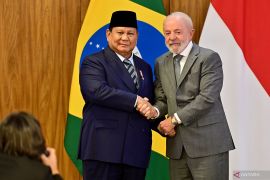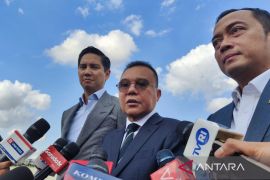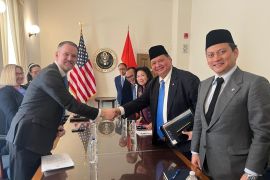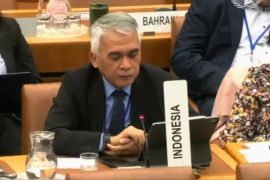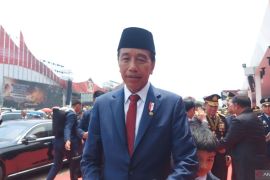The resolution, titled "Necessity of ending the economic, commercial, and financial embargo imposed by the United States of America against Cuba," passed with 186 member states voting yes, two voting against, and three abstaining.
The United States, which imposed the blockade against Cuba in the early 1960s when both countries severed diplomatic ties, voted against the draft resolution along with Israel. The small Pacific island nations of Micronesia, the Marshall Islands and Palau abstained as they did last year.
The resolution, which is not legally binding, urged States to " repeal or invalidate any such laws as soon as possible."
It was the 20th consecutive year that the General Assembly has adopted the resolution by an overwhelming majority of votes to condemn the Cuba embargo.
The assembly called upon all states to "refrain from promulgating and applying laws and measures" that violate the sovereign equality of states, non-interference, and freedom of international trade "inconformity with their obligations under the charter of the United Nations and international law."
The resolution, introduced by Cuba, also called on all states that have taken such measures to "repeal or invalidate them as soon as possible."
Similar resolutions have been passed by the assembly during previous sessions in attempts to end the embargo that the U.S. has had on Cuba since the Cold War era.
The resolution expressed concern about "the adverse effects of such measures on the Cuban people and on Cuban nationals living in other countries," specifically the impact of the Helms-Burton Act.
The Helms-Burton Act, passed by the U.S. in 1996, brought third party foreign companies within the scope of U.S. sanctions against Cuba.
Bruno Rodriguez Parrilla, the Cuban foreign minister who introduced the resolution to the General Assembly, said that the embargo against his country must be lifted. He denied allegations made by the U.S. in the past that the embargo is strictly a bilateral issue and therefore should not be discussed in the assembly.
"Facts show its inconsistency," said Parrilla of the U.S. argument. "Citizens and companies from numerous member states represented here have been subject to sanctions for establishing economic relations with Cuba."
Xinhua-OANA
Editor: Jafar M Sidik
Copyright © ANTARA 2011
